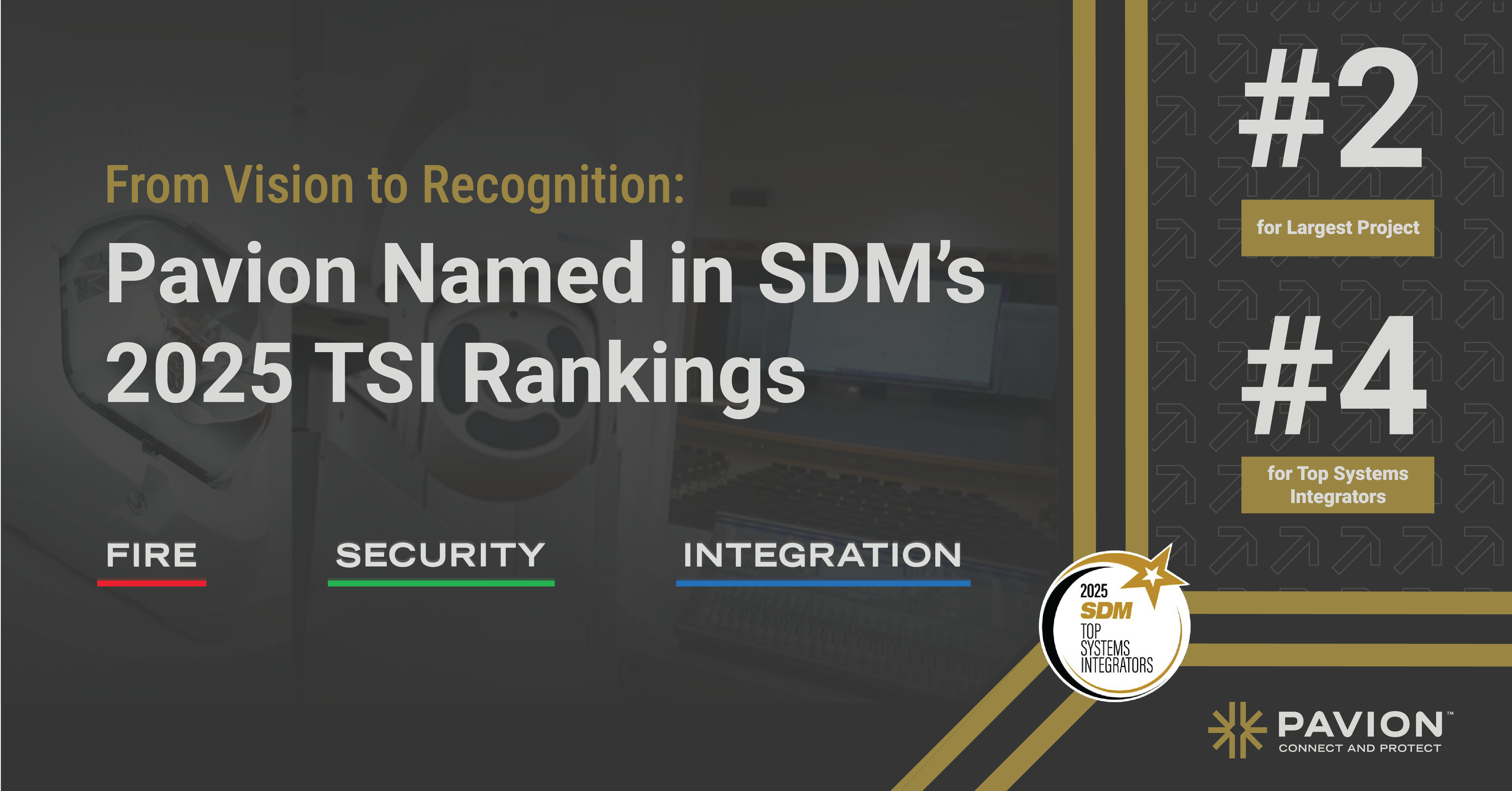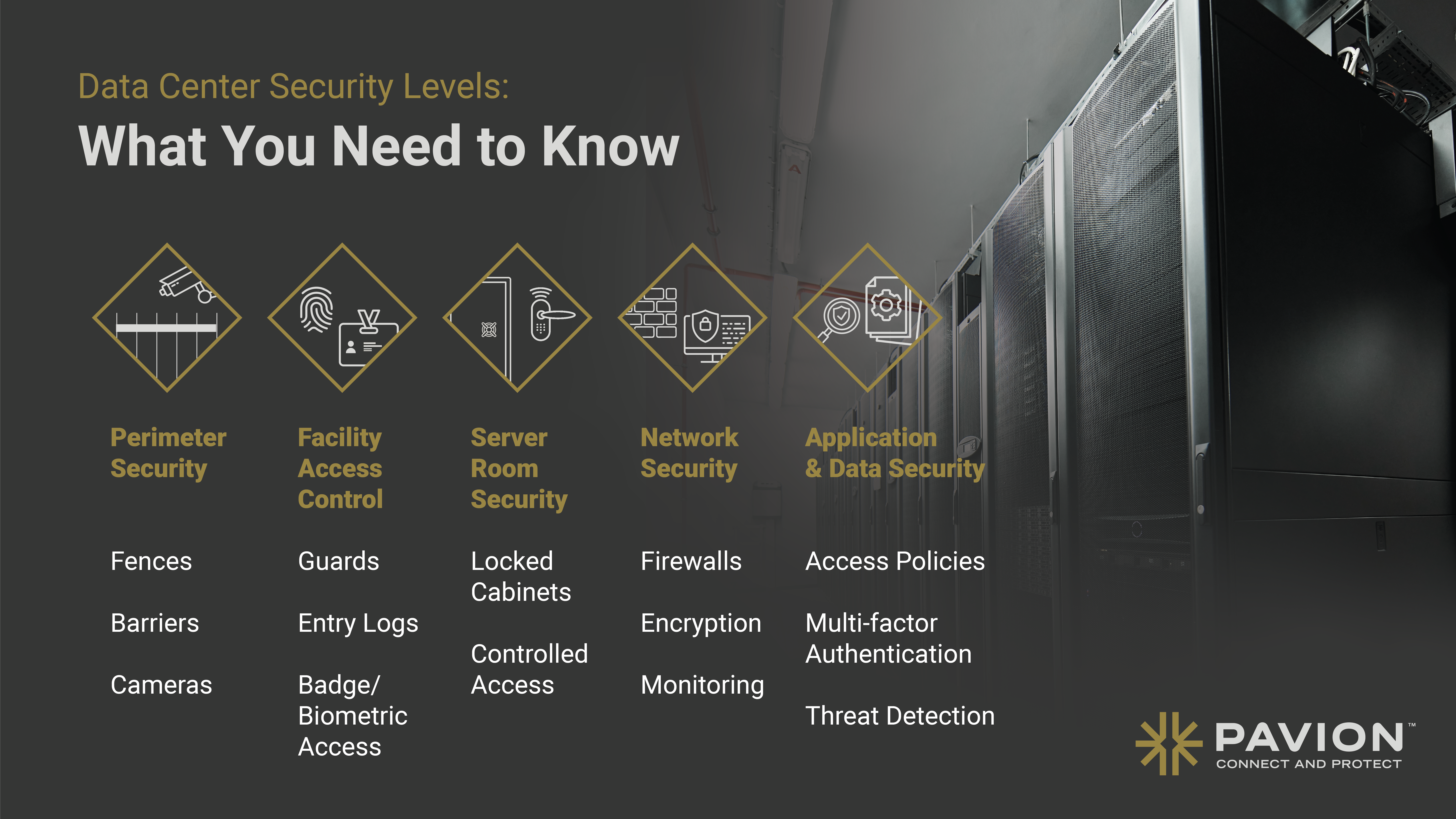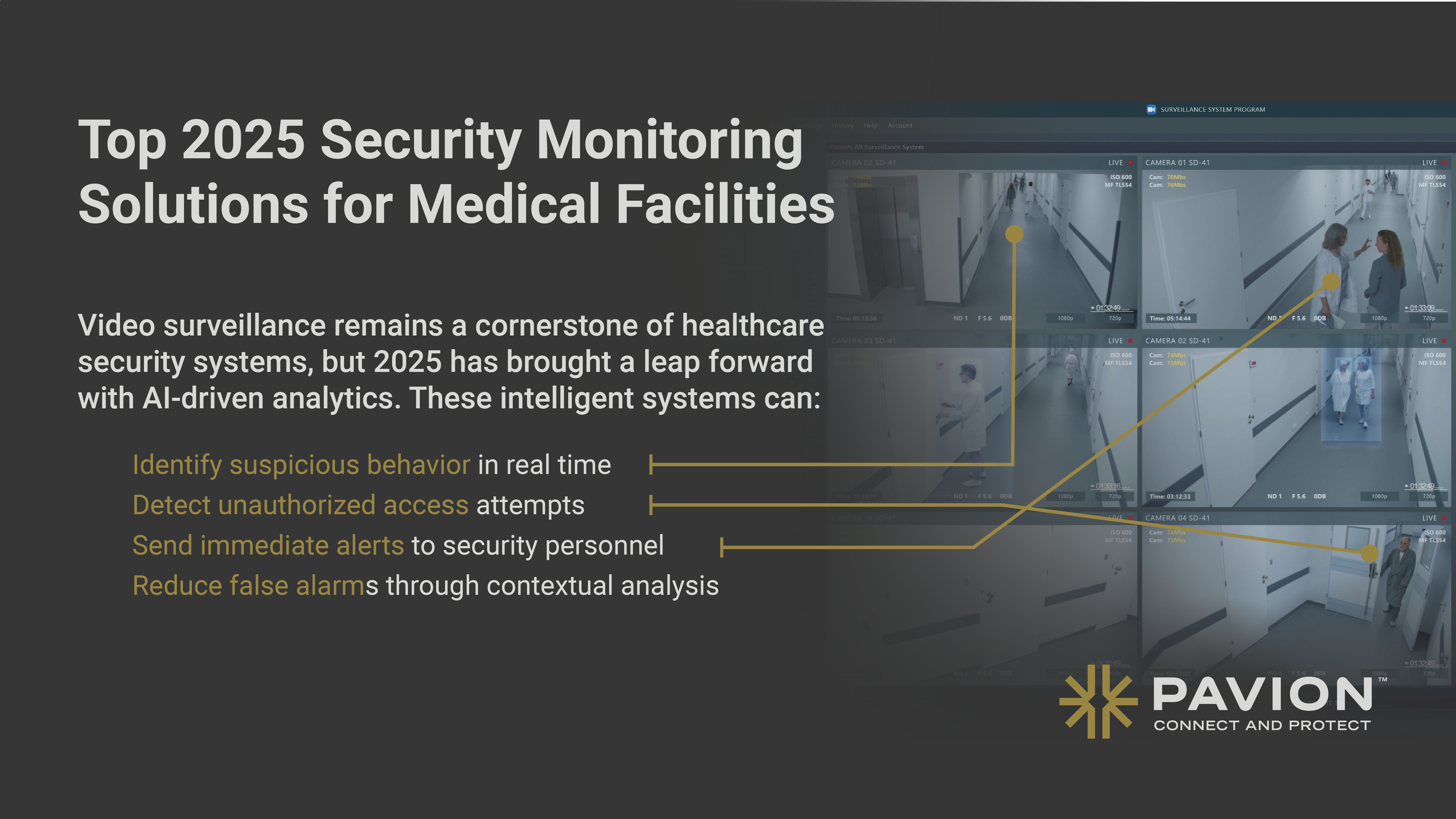
A Guide to Department Store Security Systems
Department store security is a critical aspect of running a successful retail business. It plays a crucial role in preventing losses due to theft, protecting customers and employees, and maintaining a safe shopping environment. In this guide, we will explore the importance of department store security systems and discuss the different types of systems available. We will also highlight key features to consider when choosing a security system and provide tips for implementing a security system in your department store.
Understanding the Importance of Department Store Security
Loss prevention is one of the primary reasons why department stores invest in security systems. The role of these systems goes beyond just catching shoplifters. Security systems act as a deterrent, preventing potential thieves from attempting theft in the first place. Additionally, they provide a sense of security to both customers and employees, creating a positive shopping experience.
The Role of Security Systems in Loss Prevention
Security systems serve as a crucial line of defense against theft in department stores. They help identify suspicious activities, monitor areas prone to theft, and provide evidence during investigations. By having a robust security system in place, department stores can significantly reduce losses due to theft and minimize the impact on their bottom line.
Loss prevention strategies have evolved over the years, with department stores implementing advanced technologies to combat theft. These technologies include video surveillance systems with high-resolution cameras, facial recognition software, and intelligent analytics that can detect unusual behavior. By leveraging these tools, security personnel can proactively identify potential threats and take appropriate action before any theft occurs.
Moreover, security systems are not limited to preventing theft by external individuals. They also play a crucial role in detecting and deterring internal theft by employees. By monitoring employee activities and transactions, security systems can identify any suspicious behavior or irregularities, helping to maintain the integrity of the department store’s operations.
Protecting Customers and Employees
Ensuring the safety of customers and employees is paramount for any department store. Security systems help create a secure environment by preventing and deterring criminal activities. From surveillance cameras to alarm systems, these tools work together to safeguard the well-being of everyone on the premises.
Surveillance cameras strategically placed throughout the store act as a visual deterrent, making potential criminals think twice before engaging in any illegal activities. In the event of an incident, these cameras provide valuable evidence that can aid in identifying and apprehending the culprits.
Alarm systems are another crucial component of department store security. These systems are designed to detect unauthorized access, such as break-ins or after-hours entry. When triggered, alarms alert security personnel, who can then respond promptly to address the situation. The presence of alarm systems not only protects the store’s assets but also ensures the safety of customers and employees by minimizing the risk of confrontations with intruders.
Furthermore, department stores often employ security personnel who are trained to handle various security-related situations. These individuals are responsible for monitoring the security systems, patrolling the premises, and responding to any potential threats. Their presence alone can provide a sense of reassurance to customers and employees, creating a welcoming and secure shopping environment.
In conclusion, department store security systems play a vital role in loss prevention, protecting both the store’s assets and the well-being of customers and employees. By investing in advanced technologies and implementing comprehensive security measures, department stores can effectively deter theft, minimize losses, and provide a safe and enjoyable shopping experience for everyone.
Different Types of Security Systems
Department stores have various options to choose from when it comes to security systems. Each system offers unique features and benefits that cater to specific security needs. Let’s explore some of the most common types:
Surveillance Cameras and Monitoring Systems
Surveillance cameras are an essential component of any security system. They provide real-time monitoring of the store, capturing footage that can be reviewed later if needed. Advanced systems allow for remote access, enabling store owners and managers to monitor the premises from anywhere at any time.
These cameras are strategically placed throughout the store to ensure maximum coverage. They can be mounted on walls, ceilings, or even hidden in inconspicuous objects. High-definition cameras capture clear and detailed images, making it easier to identify potential threats or suspicious activities.
In addition to monitoring the store, surveillance cameras can also serve as a deterrent. The presence of visible cameras can discourage potential criminals from attempting theft or other illegal activities. This added layer of security helps create a safer environment for both customers and employees.
Alarm Systems and Their Functionality
Alarm systems are designed to detect unauthorized access and alert the store’s security personnel or the authorities. They come in various forms, including motion sensors, door/window sensors, and panic buttons. Alarm systems are highly effective at preventing break-ins and ensuring a prompt response in case of emergencies.
Motion sensors are commonly used in areas where restricted access is required, such as stockrooms or cash handling areas. These sensors detect any movement within their range and trigger an alarm if unauthorized entry is detected. Door/window sensors, on the other hand, are placed on entry points and are activated when the door or window is opened without proper authorization.
Panic buttons are another important feature of alarm systems. These buttons can be discreetly placed in different areas of the store, allowing employees to quickly alert security personnel or the authorities in case of an emergency, such as a robbery or a medical incident.
Modern alarm systems are often connected to a centralized control panel, which allows for easy monitoring and management of the entire system. They can also be integrated with other security measures, such as surveillance cameras and access control systems, providing a comprehensive security solution.
Electronic Article Surveillance (EAS) Systems
EAS systems are commonly used in department stores to deter theft and protect merchandise. These systems consist of tags or labels attached to products and antennas located at store exits. If a tagged item exits the store without being properly deactivated or removed, an alarm will sound, alerting store staff of a potential theft.
The tags or labels used in EAS systems can be either visible or hidden. Visible tags act as a deterrent, as potential shoplifters can easily see that the merchandise is protected. Hidden tags, on the other hand, are discreetly placed inside or on the packaging of the product, making them less noticeable.
When a customer purchases an item, the cashier deactivates or removes the tag using a specialized device. This ensures that the alarm does not go off when the customer leaves the store with their purchased item. However, if someone attempts to leave the store with a tagged item that has not been properly deactivated, the antennas at the store exits will detect the tag’s presence and trigger an alarm.
EAS systems not only help prevent theft but also provide valuable data for inventory management. By tracking the movement of tagged items, store owners can identify popular products, monitor stock levels, and improve overall store security.
Key Features to Consider in a Security System
When choosing a security system for your department store, it’s vital to consider certain key features that can enhance its effectiveness. Here are three critical features to keep in mind:
Real-time Monitoring Capabilities
A security system with real-time monitoring capabilities allows for immediate response to potential threats. Being able to view live footage and receive alerts in real-time enables quick intervention and can help prevent incidents from escalating.
Integration with Other Systems
Consider a security system that can seamlessly integrate with other essential systems in your department store, such as access control or inventory management systems. Integration allows for improved efficiency, centralized control, and better overall security management.
Ease of Use and Maintenance
Opt for a security system that is user-friendly and easy to maintain. A system that requires extensive training or complex maintenance routines can be time-consuming and costly. Choosing a solution that is intuitive and includes comprehensive technical support can save both time and money in the long run.
Implementing a Security System in Your Department Store
Now that you understand the importance of department store security systems and have an idea of the different types available, it’s time to implement a system in your store. Here are some steps to guide you through the process:
Assessing Your Store’s Security Needs
Start by evaluating your store’s specific security requirements. Consider factors like store layout, high-risk areas, and previous incidents. Conducting a thorough assessment will help you identify the most vulnerable areas and determine the type and coverage of security systems needed.
Choosing the Right Security System Provider
Ensure that you partner with a reputable security system provider who has experience working with department stores. Look for providers with a track record of delivering reliable systems, excellent customer support, and a range of customizable solutions to meet your unique needs.
Training Staff on Security System Use
Once your security system is installed, your store staff should be trained on its proper use. Familiarize them with the system’s features, basic troubleshooting, and emergency response protocols. Regular training sessions and refresher courses will help ensure that your staff remains proficient in utilizing the security system effectively.
By implementing a robust department store security system, you can protect your merchandise, mitigate losses, and create a safer shopping environment for your customers and employees. Invest in a system that aligns with your specific needs and maintain regular upgrades to stay one step ahead of potential threats. Remember, a secure store is a successful store.
Secure Your Department Store with Pavion
Ready to elevate the security of your department store with a system that’s tailored to your unique needs? Pavion is here to help. With our extensive experience in providing top-tier security solutions to the retail industry, we understand the challenges you face. Let us connect and protect your business with our innovative technology and radical service. Get a Free System Assessment today and take the first step towards a safer, more secure retail environment.


